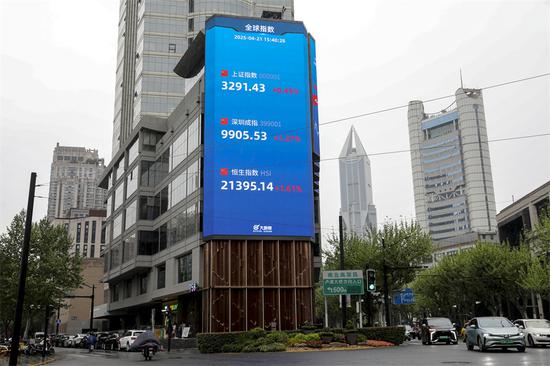
With rising strategic importance in terms of improving expectations and boosting confidence, China's capital market now provides opportunities for both Chinese and foreign investors as global economic growth stagnates due to Sino-U.S. trade frictions.
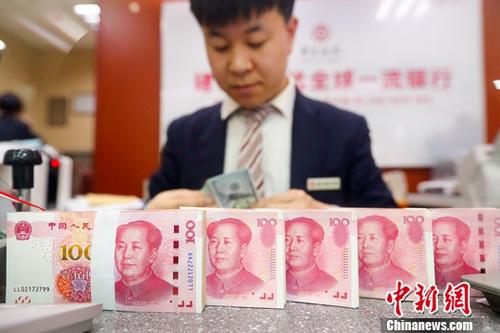
Despite facing a substantial external demand gap caused by US tariffs, keeping the renminbi exchange rate generally stable as much as possible should remain the best option for Chinese policymakers, said leading economists and policy advisers.
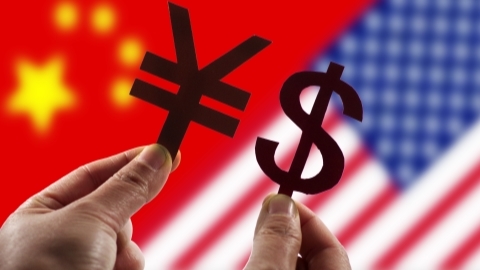
China reaffirmed its strong opposition on Monday to any agreement that compromises its interests, and emphasized its unwavering commitment to safeguarding the nation's legitimate entitlements, according to the Ministry of Commerce.

As China has prioritized expanding domestic demand and boosting technological innovations on its economic agenda for the year, economists said the move marks the country's shift to shaping a consumption- and innovation-driven economy.

In China, an increasing number of parcels are being delivered via high-speed trains and airplanes. Delivery times have significantly improved from next-day and same-day to even half-day delivery.
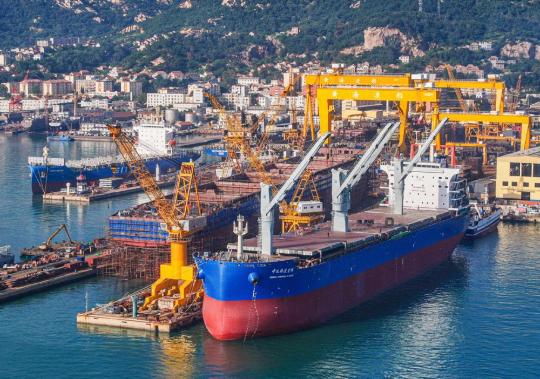
Approximately 70 percent of surveyed CEOs disapprove of the United States' tariff policies, according to a report titled, "Nearly 70 percent of CEOs disapprove of Trump's tariffs: Survey", published by The Hill on Saturday.
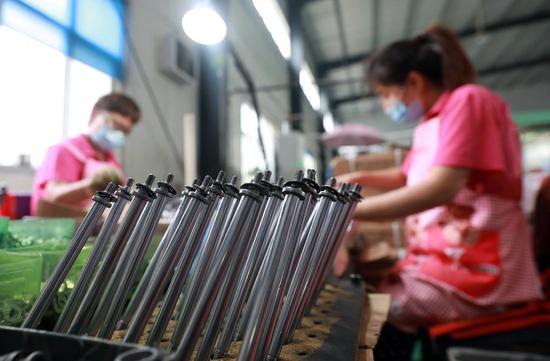
China's private sector showed strong resilience in the first quarter of 2025, with new business registrations rising steadily, according to a report released by State Administration for Market Regulation on Monday.
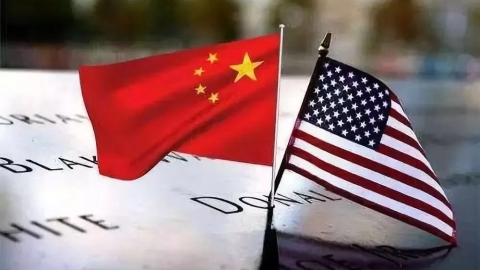
A spokesperson from China's Ministry of Commerce (MOFCOM) stated on Monday that the ministry is aware of the reports. This represents the implementation of hegemonic politics and unilateral bullying in the realm of trade and economic cooperation under the guise of “reciprocity.”
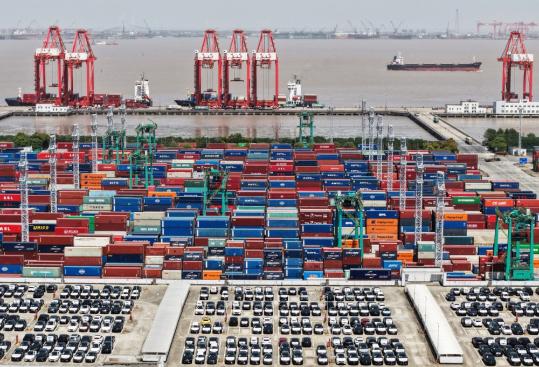
A wide range of U.S. companies are facing steep losses in revenue amid the reignited trade war, across such key sectors as automobiles, electronics, medicine, clothing, aerospace, agriculture and retail consumer goods.

China's grain output is expected to continue steady growth this year and over the next decade, driven by higher crop yields and targeted agricultural policies.
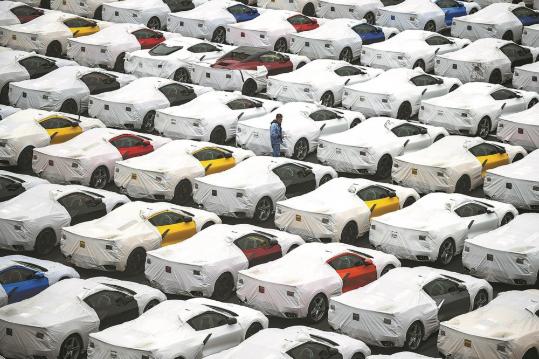
While the global response to the US tariffs has differed — some countries have opted for negotiation and others retaliation — China has remained firm from the outset, experts said.

China's pro-consumption initiatives — a top priority of the country's policy agenda for this year — are expected to shore up consumer confidence and unleash the potential of domestic demand to stimulate economic growth.
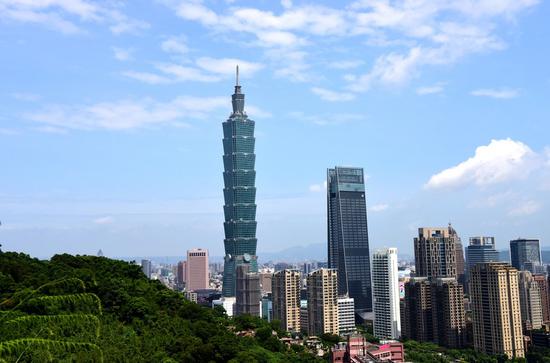
A Chinese mainland official on Friday urged Taiwan business people and businesses to join hands in resisting external risks and challenges, the Xinhua News Agency reported on Friday.
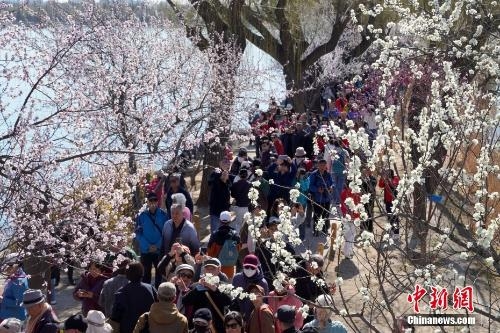
China's gross domestic product (GDP) grew by 5.4 percent year-on-year in the first quarter of 2025, data from the National Bureau of Statistics (NBS) showed Wednesday.
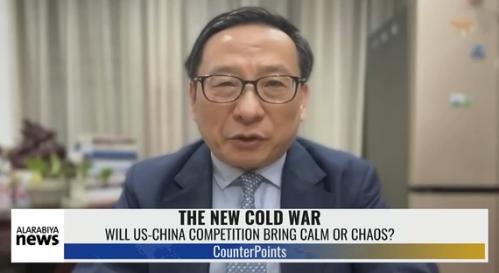
The Trump administration's aggressive tariff policies, especially those targeting China, are undermining the foundations of global free trade, a Chinese expert warns.
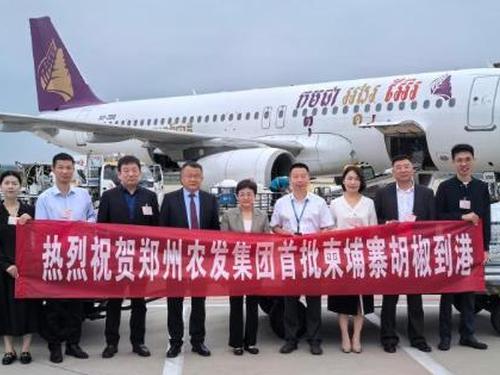
This month marks the third anniversary of the Henan (China) -Cambodia-ASEAN "Air Silk Road" initiative, with the direct flight route between Zhengzhou City and Phnom Penh hailed as a star route between China and Cambodia.
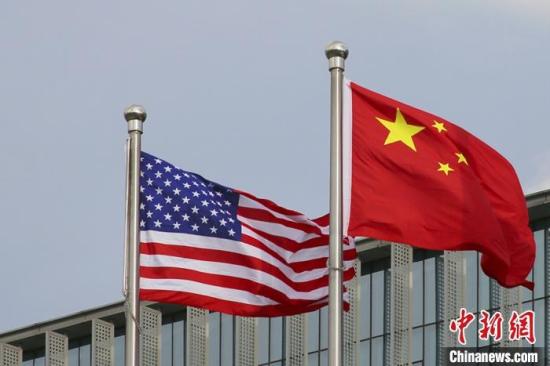
China has maintained communications with its counterparts in the United States, and China's position has always been clear, which is having an open attitude toward economic and trade consultations with the U.S.
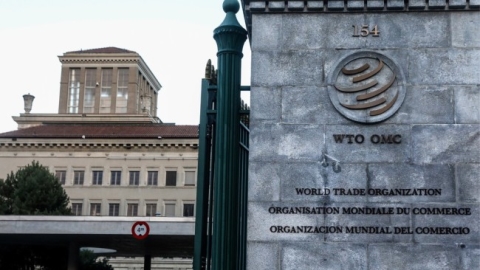
The global trade outlook has "deteriorated sharply" following the United States' worldwide tariff wars, the World Trade Organization warned on Wednesday.
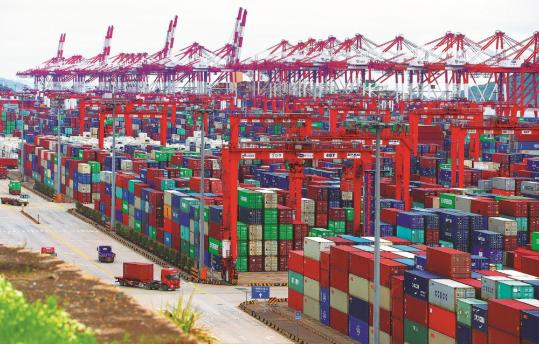
Intermediate goods and industrial products account for the majority of 85 percent of all the goods exported from Shanghai, indicating that a large number of Shanghai-oriented exports are irreplaceable in the international market.

Shanghai's Pudong New Area, which is positioned to pioneer China's socialist modernization, released a set of 14 new measures on Tuesday to step up its efforts to attract foreign investment, which is conducive to the advancement of more reform and opening-up attempts.

The Foreign Ministry warned on Thursday that China will pay no attention to the U.S.' further tariff numbers game, and it will take resolute countermeasures and fight to the end if Washington persists in substantially infringing on China's rights and interests.

China and Vietnam will fast-track the interconnection of railways, expressways, and ports, China's State Council announced on Tuesday. It is part of a wider push to deepen infrastructure ties across the Association of Southeast Asian Nations (ASEAN).
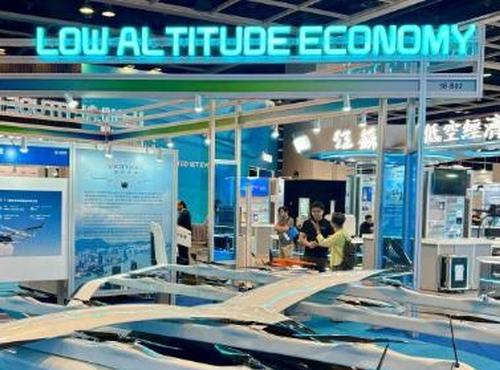
The four-day Hong Kong InnoEX and Electronics Fair (Spring Edition) wrapped up on Wednesday, drawing about 88,000 buyers from around the world, and among the highlights was a burgeoning low-altitude economy.
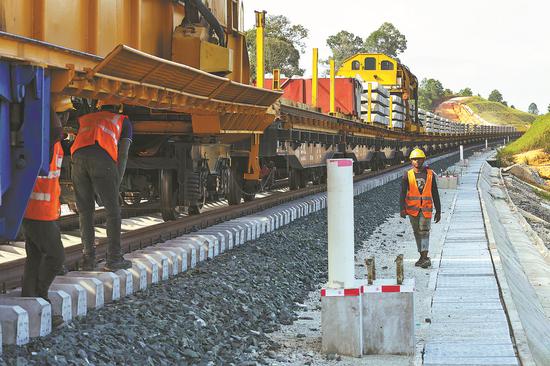
As regional economic integration and the Belt and Road Initiative continue to expand, trade cooperation between China and Malaysia is experiencing robust momentum.

China and Malaysia have taken a significant stride in their deepening industrial cooperation with the signing of a $22 billion agreement to jointly develop the China-Malaysia High-Tech Eco-Industrial Park in Shenzhen, Guangdong province.
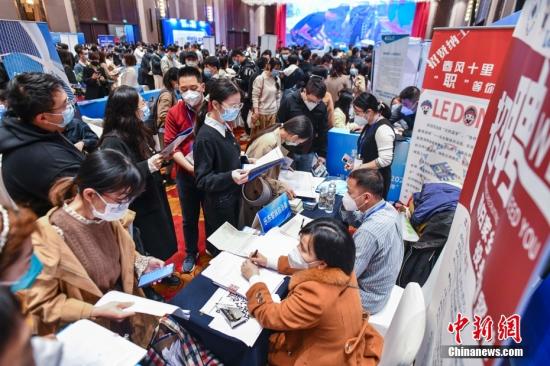
China's job market remained stable in the first quarter of the year, with the surveyed unemployment rate staying within a reasonable range as the economy got off to a solid start.

Outbound travel from the Chinese mainland to ASEAN destinations surged in the first quarter of 2025, driven by both steady growth in leisure tourism and booming business activity.
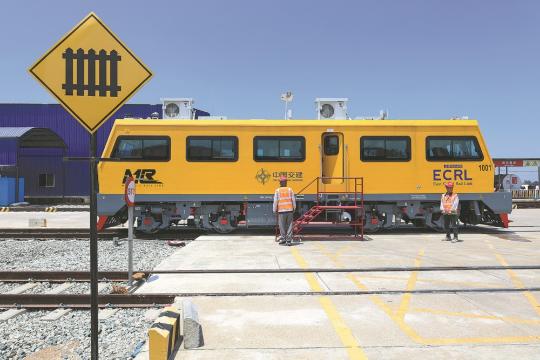
Construction of the 665-kilometer railway, the largest economic cooperation project between China and Malaysia, started in 2017 and is expected to be fully operational by January 2028.

China's economy expanded 5.4 percent year-on-year in the first quarter of 2025, official data showed on Wednesday, beating market expectations and marking a good start for the year amid uncertainties triggered by the United States' tariff policy.
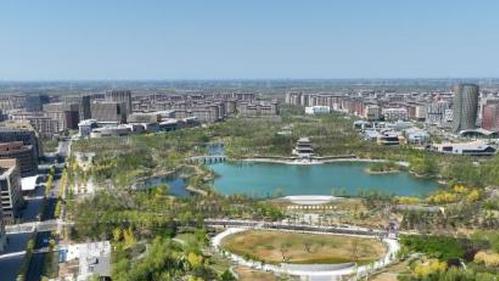
With the large-scale development of Xiong'an New Area, located about 100 kilometers southwest of Beijing, the region has seen remarkable results in relieving the capital of non-essential functions, attracting more city dwellers to settle here.
 京公網安備 11010202009201號] [京ICP備05004340號-1]
京公網安備 11010202009201號] [京ICP備05004340號-1]